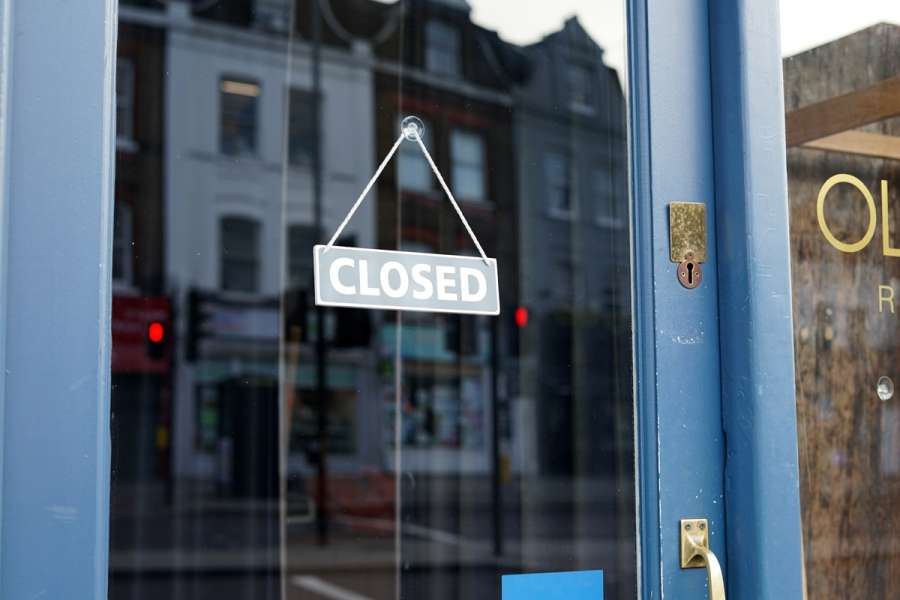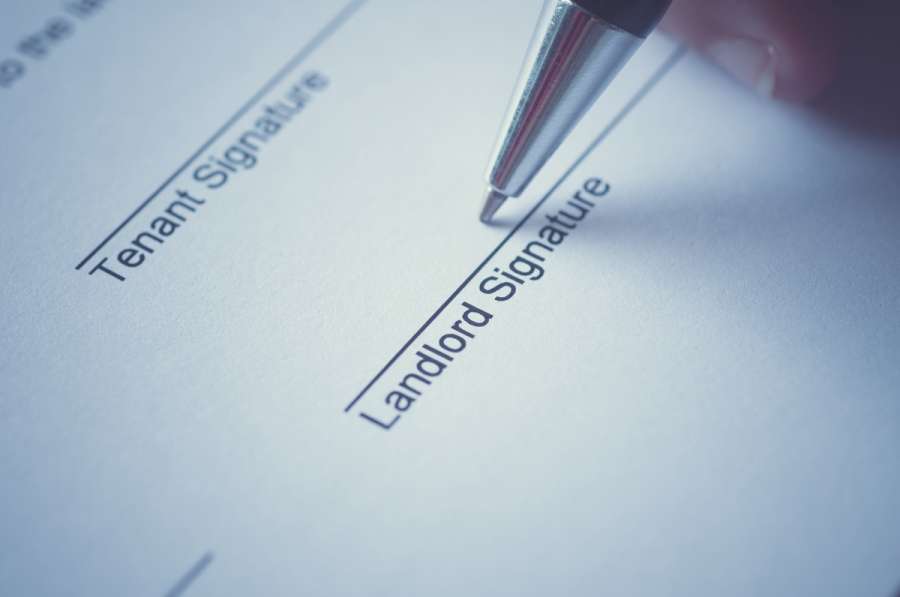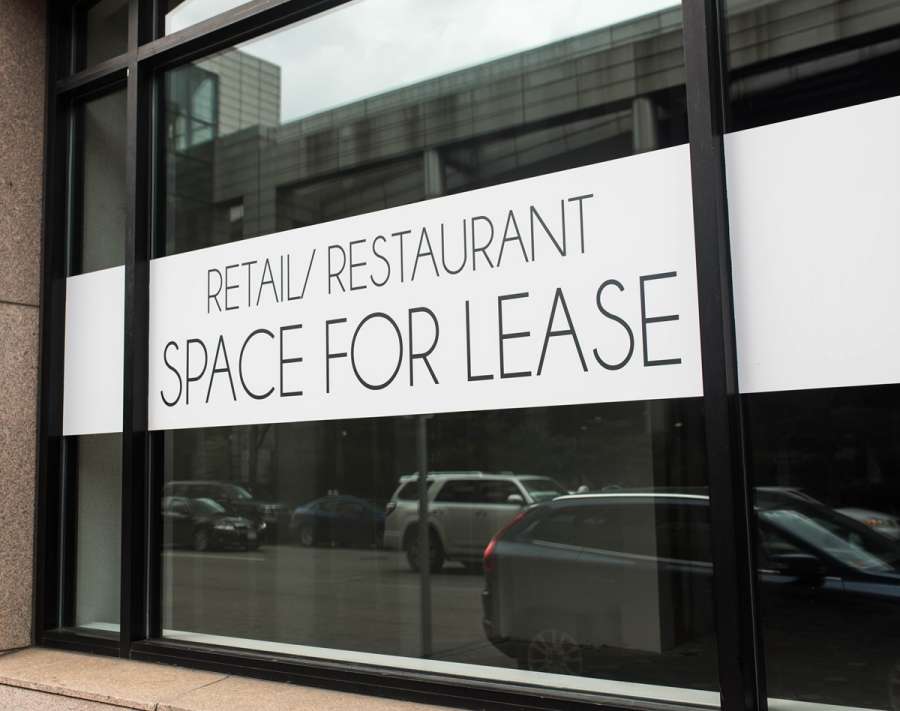It’s safe to say the hospitality sector has seen its fair share of stressors in the last three years, including high inflation rates, soaring interest rates, rising utility costs and an increase in the cost of raw materials, to name a few.
The hike in business rates, which is expected in 2024, coupled with the possible end to the rates relief scheme, may just tip hospitality businesses over the edge.
The rate changes will also be unwelcome news for landlords who will ultimately inherit the liability for business rates should they lose their tenants, along with liability for other costs such as insurance and repair.
With over 17,000 shops closing in the UK in 2022, how have we seen the market respond to the changes in the hospitality sector? Myerson Solicitors' commercial property team investigate.






